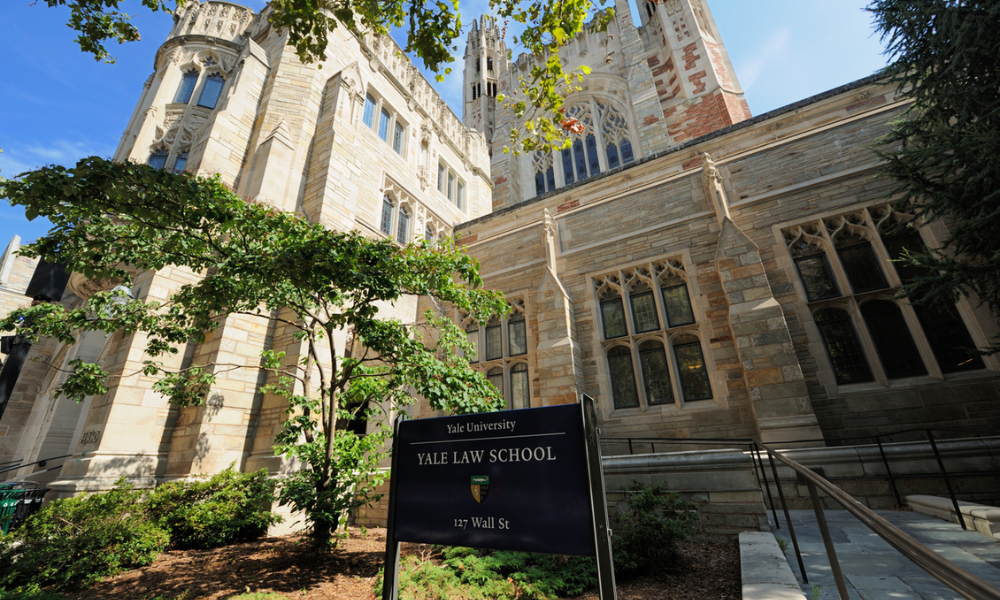Policy was valid at inception, and risks insured did not change, says B.C. court

The Supreme Court of British Columbia has said that a change in a property’s occupants will not necessarily amount to a change in occupancy, when considering the issue of whether there has been a material change in risk.
In Dubroy v Canadian Northern Shield Insurance Co., 2021 BCSC 352, a habitational insurance policy executed in May 2016 covered the family home owned by the plaintiff, with provisions stating that the plaintiff was the insured party and that her brother was the co-insured party. The plaintiff’s brother resided in the home, but the plaintiff did not.
Months later, the plaintiff’s son and daughter-in-law moved into the home, and soon after that, the plaintiff’s brother moved out. The plaintiff received policy renewal documents and made a note to inform the insurance broker that her brother was no longer residing in the home, but ended up not doing so. In the succeeding years, the children of the plaintiff’s son, as well as a roomer, started living there.
In early January 2019, the plaintiff asked the roomer to leave so that she could move her mother into the family home, or in the alternative, asked for the roomer’s rental to be paid to her. However, a fire on Jan. 20, 2019 destroyed the home. When the plaintiff sought insurance proceeds, the defendant voided the insurance policy on the ground that the plaintiff did not provide an update about material changes in risk arising after the policy’s issuance, pursuant to statutory condition 4 of the Insurance Act, R.S.B.C. 2012, c. 1, s. 29.
The B.C. Supreme Court ruled in favour of the plaintiff, granting her the agreed indemnity of $452,428, plus prejudgment interest. The court found that no material change in risk occurred from the date of the policy’s inception until the date of the loss, so the defendant shouldn’t have voided the policy.
The court said that, even though the defendant would not have issued the policy if it had known all the facts, the policy was still validly issued on the basis that the plaintiff’s brother was living in the home as a co-insured resident, not as an owner. Regardless of a misunderstanding between the parties as to whether the plaintiff principally resided in the home, the defendant had withdrawn its allegations of material misrepresentations or fraudulent omissions, the court noted.
Regarding the risk at the date of loss, the court said that, as of that date, the home was a private dwelling whose primary residents were family members of the plaintiff as the exclusive owner. Thus, the court determined that, while there were changes in the home’s occupants, there was no change in occupancy, considering that the primary residents were still family members of the exclusive owner. The policy was valid at inception, and the risks insured did not change, the court said.
The court then considered whether, if its finding on the issue of material change in risk turned out to be incorrect, the plaintiff would be entitled to relief from forfeiture under s. 32 of the Insurance Act. The court said yes, the plaintiff could receive this relief in such a case because she acted reasonably, if imperfectly.










